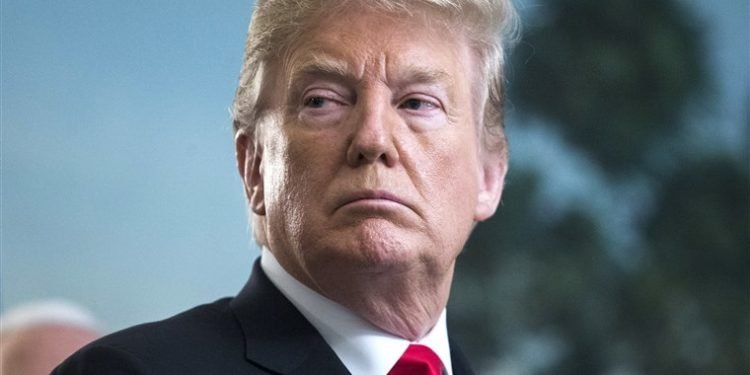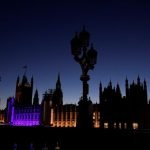As the U.S federal government continues to pump money into the economy to curtail the devastating economic impact of Covid-19 on the world’s greatest economy, the federal debt surges above $26 trillion. The country’s GDP was $21.535 trillion as at first quarter of 2020 ended March 31.
As at 1 January 2020, the federal debt stood at $23.17 trillion and at the end of first quarter (31 March 2020) it has risen to $23.69 trillion. This represents a 2.24% growth in 3 months.
As at 15 June it stood at $26.13 trillion signifying a 10.3% rise in less than 3 months.
The US is facing a widening outbreak of COVID-19. It is the worst affected country in terms of confirmed cases and deaths. The U.S has recorded 2,119,912 million cases of the virus with 116,341 deaths, and 576,344 recoveries according to John Hopkins Coronavirus Resource Centre.
In response, to the outbreak, the U.S. has implemented a range of measures including travel restrictions, social distancing, declaration of states of emergency, closure of schools, non-essential businesses, and increased testing.
Reflecting the impact of the containment measures, the U.S. economy contracted at an annualized rate of 5% in the first quarter and the unemployment rate dropped to 13.3% in May from a high of 14.7% in April 2020.
The government ramped up emergency relief spending in the wake of the coronavirus pandemic.
An estimated $2.3 trillion (around 11% of GDP) Coronavirus Aid, Relief and Economy Security Act (“CARES Act”) was passed in March. The Act includes $293 billion to provide one-time tax rebates to individuals and $268 billion earmarked for expanded unemployment benefits which will hand out $1,200 checks to people under the scheme.
$25 billion will be used to provide a food safety net for the most vulnerable while $510 billion will be used to provide loans, guarantees, and backstopping Federal Reserve to prevent corporate bankruptcy.
$349 billion will be used in forgivable Small Business Administration loans and guarantees to help small businesses that retain workers with $100 billion for hospitals among others.
$8.3 billion Coronavirus Preparedness and Response Supplemental Appropriations Act and $192 billion Families First Coronavirus Response Act had been passed earlier.
$483 billion Paycheck Protection Program and Health Care Enhancement Act was passed in addition to the $2.3 trillion earlier passed. The legislation includes $321 billion for additional forgivable Small Business Administration loans and guarantees to help small businesses that retain workers.
$62 billion was set out for the Small Business Administration to provide grants and loans to assist small businesses with additional $75 billion for hospitals and $25 billion for expanding virus testing.
The U.S has conducted over 20 million Covid-19 tests.
“Federal debt held by the public is slated to grow by roughly $4 trillion in fiscal year 2020 and exceed the size of the economy by year’s end. Much of this borrowing is inevitable and desirable – though not costless – in light of the current pandemic and economic crisis” according to the The Committee for a Responsible Federal Budget.
“However, the need for the federal government to borrow today does not mean borrowing can continue indefinitely without consequences,”
Read more; India Challenges China with $6.6 billion Incentive to Companies
The deficit for the first eight months of the year is projected to widen to $1.88 trillion, according to the Treasury Department. This amount is nearly double the $984 billion deficit for all of 2019.
The $3 trillion spending package that Democrats passed in the House as a progressive wishlist, was rejected by the republican controlled senate.
“We now have a debt the size of our economy. That hasn’t happened since World War II,” said Republican Senate Majority Leader Mitch McConnell during an event in Kentucky in May. “We can’t keep doing that.”
Republicans say they will debate whether further stimulus is needed toward the end of July.
Read also; U.S FDA Revokes Hydroxychloroquine Emergency Use Approval
However, some economists say the extent of the economic disaster from the pandemic warrants further spending given low interest rates, which makes it cheap to borrow.
Written by;
Ifunanya Ikueze





















































